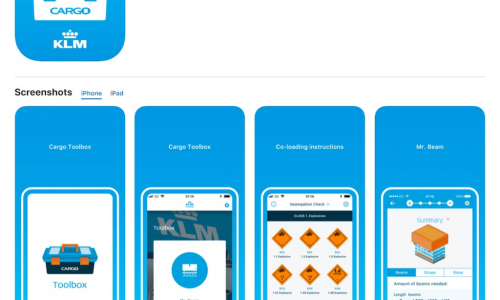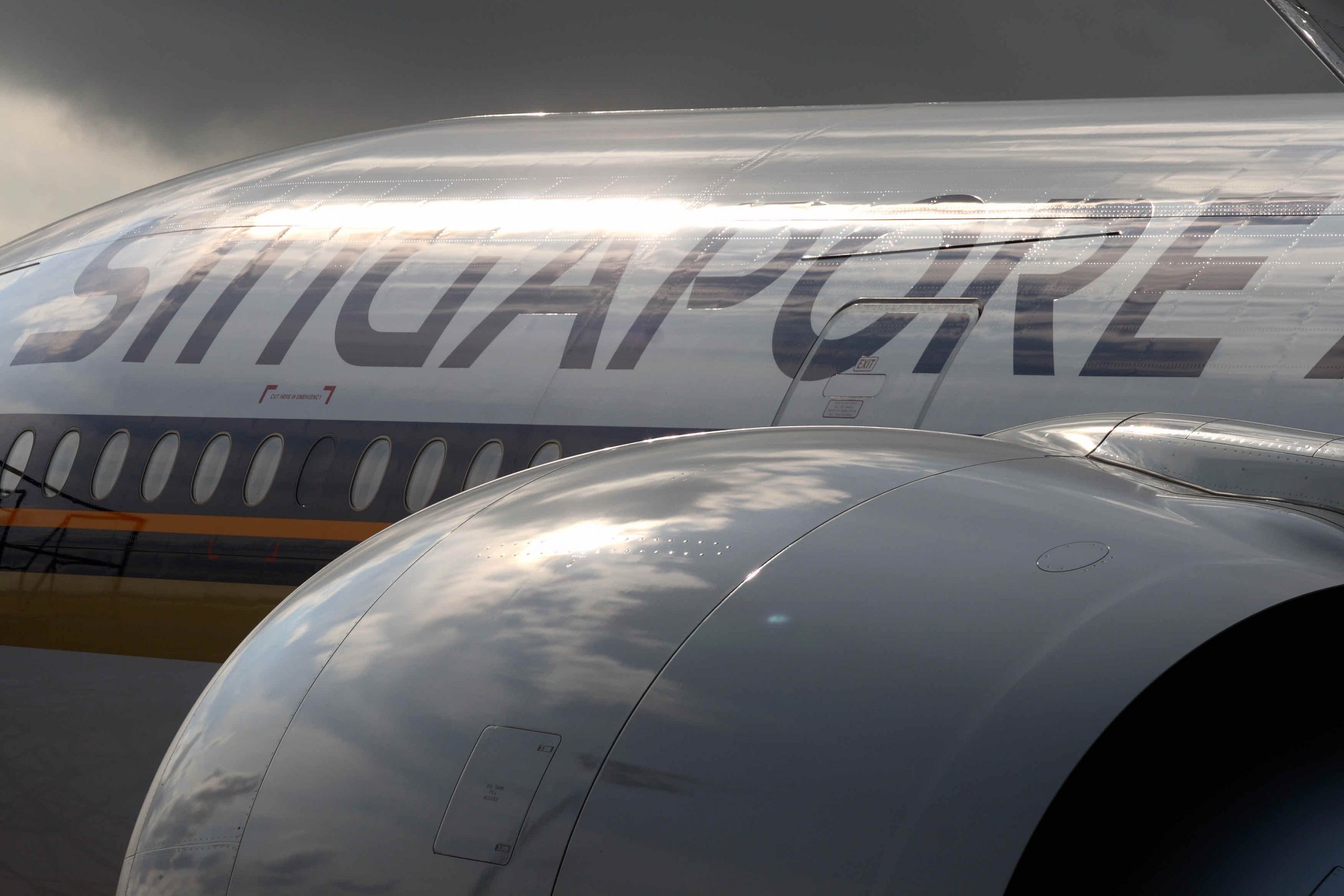Abu Dhabi-based Etihad Airways’ 2020 financial and operating results saw a 76% fall in passengers carried throughout the year (4.2 million, compared to 17.5 million in 2019) as a result of lower demand and reduced flight capacity caused by the global downturn in commercial aviation.
The airline’s cargo operation recorded a 66% increase in revenue from US $0.7 billion in 2019 to US $1.2 billion in 2020, driven by huge demand for medical supplies such as Personal Protective Equipment (PPE) and pharmaceuticals, paired with limited global airfreight capacity. Cargo yield saw an improvement of 77%.
The airline recorded US $1.2 billion passenger revenues in 2020, down by 74% from US $4.8 billion in 2019, due to fewer scheduled services and drastically fewer people travelling.
A contributing factor to this was the total suspension of passenger services into and out of the UAE from end of March until early June 2020 to limit the spread of Covid, in line with a UAE government mandate.
More than 80% of total passengers carried in 2020 were flown during the first three months of the year, demonstrating the precipitous drop in demand as the global crisis deepened over the course of the year.
At the onset of the pandemic, Etihad began operating special humanitarian charters to bring much-needed medical supplies and equipment including respirators, PPE, and more recently vaccines to impacted countries.
The airline operated 183 such charters, ferrying more than 2,500 tonnes of essential cargo to 129 countries, with destinations including Asunción (Paraguay), Havana (Cuba), St. Kitts and Nevis (Caribbean Islands) and Lima (Peru) to name just a few.
In November 2020, Etihad joined the Hope Consortium, an Abu Dhabi-led coalition formed to facilitate the distribution of Covid vaccines across the world, with a complete end-to-end supply chain solution covering demand planning, sourcing and world-class facilities for transporting temperature sensitive cargo at ultra-cold conditions up to -80⁰.
The vaccines are being distributed by Etihad, the first carrier in the Middle East to receive IATA’s Centre of Excellence for Independent Validators (CEIV) certification for pharmaceutical logistics. By year-end 2020, Etihad had transported more than five million vaccine doses as part of the consortium.
Tony Douglas, Group Chief Executive Officer, said: “Covid shook the very foundation of the aviation industry, but thanks to our dedicated people and the support of our shareholder, Etihad stood firm and is ready to play a key role as the world returns to flying.
“While nobody could have predicted how 2020 would unfold, our focus on optimising core business fundamentals over the past three years put Etihad in good stead to respond decisively to the global crisis.
“We have taken bold action to protect our people and our guests, develop an industry-leading health and hygiene programme, and restructure our business to better position us for recovery. As the world’s first airline to vaccinate all our operating pilots and cabin crew against Covid, we are ready to welcome back travellers to experience best-in-class travel with Etihad Airways.”

